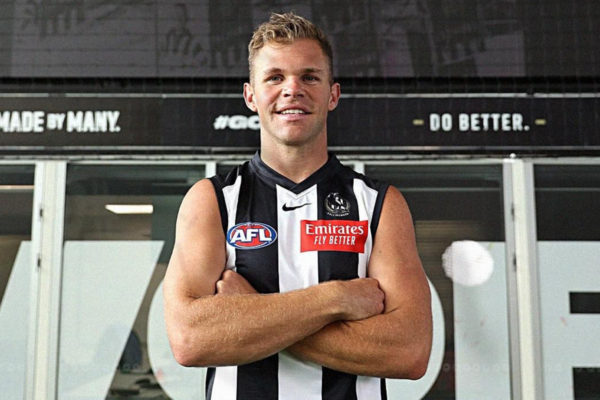Jones Ailment: A Personal Reflection
When I first heard the term “Jones ailment,” I assumed it was just another phrase tossed around in sports discussions. Yet, it soon became the defining aspect of my life. It’s not a condition you hear about in medical textbooks, but its impact is real, affecting athletes and their mental resilience. For me, it’s the reason I believe I may never play the game I love again.
Growing up, sports were everything to me. The thrill of competition, the camaraderie with teammates, and the rush of victory filled my days. But that all changed when I sustained a serious injury during a critical game. The physical pain was immense, but what followed was a much deeper, insidious struggle: the Jones ailment, a term I now use to describe my overwhelming fear of failure and the mental barriers that came with it.
As I underwent rehabilitation, my body slowly healed, but my mind didn’t follow suit. Every time I stepped onto the practice field, echoes of doubt plagued me. Would I ever regain my former abilities? Would I be judged for not performing at my peak? These questions spiraled into a profound anxiety, crippling my confidence. It was as if I was standing on the edge of a cliff, teetering between my desire to play and the fear of falling again.
The transition from being an athlete to a spectator was difficult. I watched from the sidelines as my friends excelled, each triumphant moment a reminder of what I had lost. The ache of longing for the thrill of the game transformed into an emotional burden. I found myself grappling with the reality that my identity was intricately tied to my athletic prowess. Without it, who was I?
The pressure to return intensified as friends and coaches encouraged me. “You can do it!” they said, but their optimism often felt like an avalanche of expectations. I internalized their hopes, which only fueled my anxiety. I became trapped in a cycle of self-doubt, each attempt to reclaim my place in the game only deepening my fear of failure.
I sought help through therapy, where I learned to address the emotional scars left by my injury. We worked on rebuilding my self-esteem, focusing on my identity beyond sports. I discovered that the essence of competition wasn’t merely about winning but about resilience, growth, and the joy of the game itself. Yet, despite these insights, the thought of stepping back onto the field felt daunting.
As time passed, I began to accept the reality that playing at my previous level may no longer be possible. The Jones ailment, while a personal struggle, taught me valuable lessons about vulnerability and the importance of mental health. I learned that it’s okay to grieve the loss of my athletic identity, and that recovery isn’t just about physical healing but also emotional acceptance.
Now, as I contemplate my future, I realize that while I may never play again, my love for the game can still exist in different forms. Coaching, mentoring, or even just supporting my friends from the sidelines can keep that passion alive. The journey has been challenging, but perhaps this new chapter can bring a different kind of fulfillment—one that transcends the playing field.



